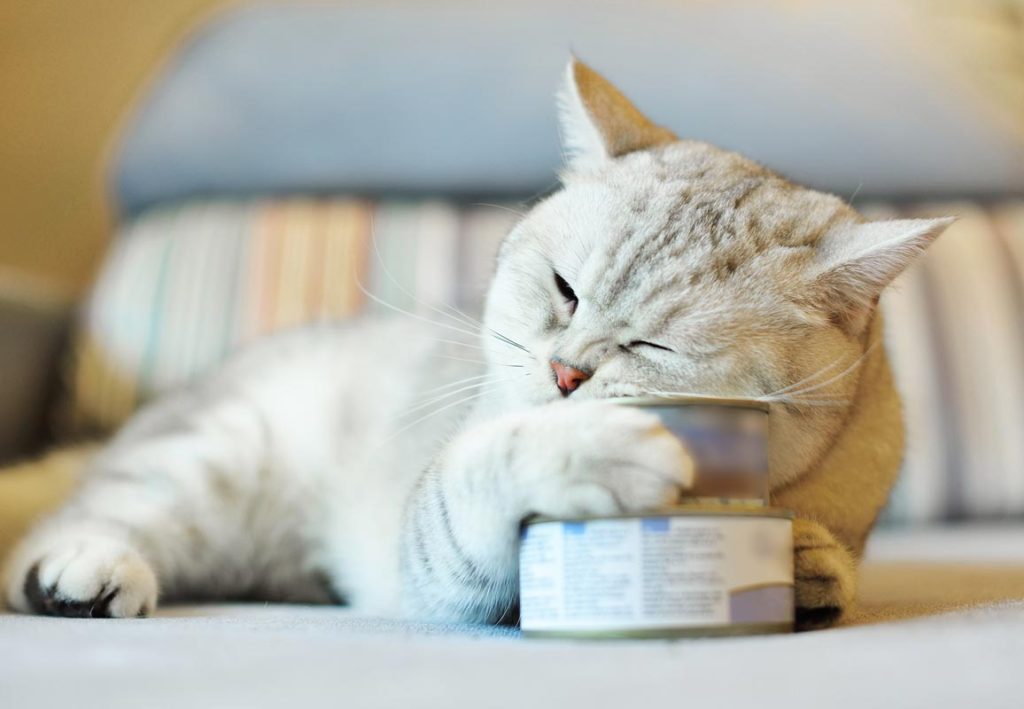Good nutrition is very important for a cat. This will help you stay happy and healthy. The diet you need depends on their age. We recommend feeding cats according to their stage of life.
Obesity is a growing problem for pets in the UK. Every year we see many overweight cats that can cause many health problems that they would not. By closely monitoring your cat’s diet, you can maintain your cat’s ideal weight also check the allergy suffered areas with food i.e. cat penis.
Looking for more information on the nutritional structure of kittens, adult or older cats? Here, we have important nutrition tips to keep your cat healthy.
Nutritional advice for kittens
If you will be responsible for taking care of your kittens for several months, you should be ready to switch from a milk diet to a regular kitten diet. Read the conversion tips.
Unpack the kitten
The reason is that kittens switch from breast milk to solid food. At weaning, kittens progressively move from maternal protection to social independence. Ideally, the separation is done entirely by the mother. However, if the caring kitten is not with the mother, gives birth to a kitten, or has a pregnant cat; it is the parents’ responsibility to wean the kitten.
Adult cat
Adult cats need to consume enough high quality, nutritious food to meet their energy needs and to maintain and repair their body tissues. The intake of an adult cat should depend on its size and energy production. The activity levels of different animals vary widely and play an important role in determining caloric intake.
Old cat
Cats show significant age-related changes between 7 and 12 years of age. Metabolism, immunity, and body composition also change. Some of them are inevitable. Others can be controlled by diet.
Start the main diet for your cat at the age of seven.
The main purposes of feeding older cats are to maintain optimal health and weight, delay or prevent the onset of chronic diseases, and minimize or improve the clinical symptoms of diseases that have already arisen. Effective.
As the cat grows up, it can lead to health problems such as:
- Deterioration of skin and hair.
- Decreased muscle mass
- The most common bowel problems
- arthritis
- obesity
- Dental problems
- The ability to withstand infection is reduced.
Daily care for older pets should include regular routine and veterinary inspections to assess the presence or progression of chronic diseases.
Stressful situations and sudden changes in daily work should be avoided.
If you need to try, change the daily habits of older pets, try reducing stress and making changes gradually.
Overweight cat
Obesity is an extremely common problem in pets and, like humans, can harm the health of cats. An overweight pet puts a lot of stress on your body and increases your risk of diabetes, liver disease, and joint pain.
Obesity occurs when energy consumption exceeds energy requirements. Then store the excess energy as fat. If the animal is obese, even if it stops consuming excessive calories, it may remain obese. Most cases of obesity are associated with simple overeating and inaction.
As a subjective assessment of fitness, you should be able to feel the center and ribs of a healthy animal. If you cannot feel your pet’s ribs without pressing on them, it is because they are too fat. If you look at your pet from above, you should also see a distinct “waist” between the back of the ribcage and the hips. There should be a “wrinkle” in the side of the belly, and the belly should rise from the lower ribs to the inside of the thigh.
We recommend that you consult your veterinarian before embarking on a weight loss program, which should include the following main areas:
Overweight animals consume more calories than they need. Check with your veterinarian to determine your pet’s calorie needs, choose the right food, and calculate how much to feed. The diet should include a normal amount of moderately fermented fiber and the type of fat used to prevent deterioration of the skin and hair during weight loss. A high fiber diet that loses calories leads to increased stool volume, frequent pooping, decreased absorption of nutrients also occur the problem in sex hygiene i.e. with cat penis allergy.
Increased physical activity can be an important factor in losing weight and maintaining weight. Regular exercise burns more calories, reduces appetite, alters body composition and speeds up the resting metabolism of the animal.
A successful weight management program requires constant behavioral changes to keep pets obese. You may be over-treating your pet or not exercising enough.
Are you in the mood to lose weight for your pet? You can perform the following important actions:
- When the family is eating, remove the animal from the room.
- Feed your pet several meals throughout the day.
- Serve all meals and snacks only in the animal’s bowl.
- Reduce the number of snacks.
- Ignore food.
